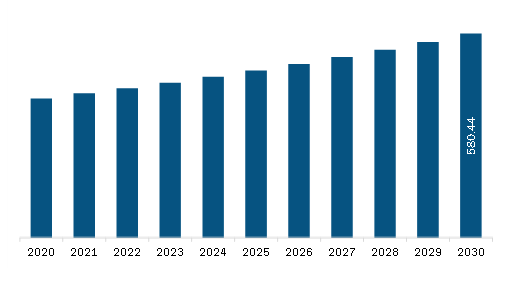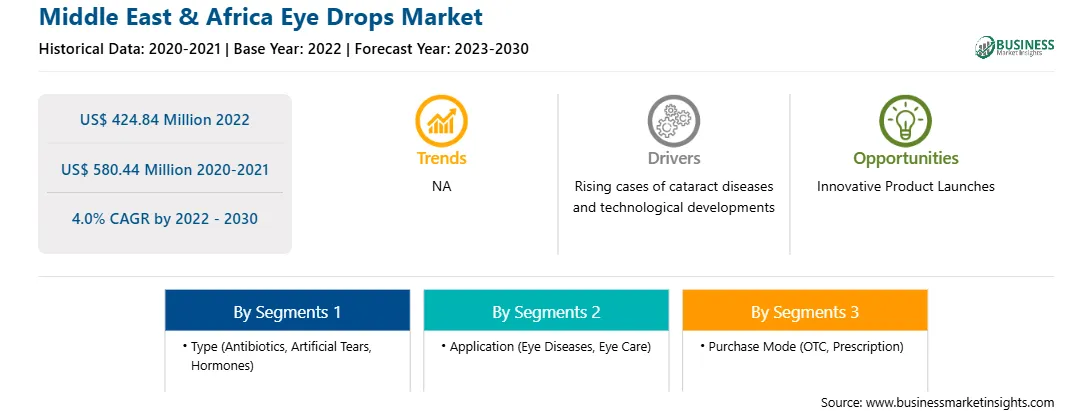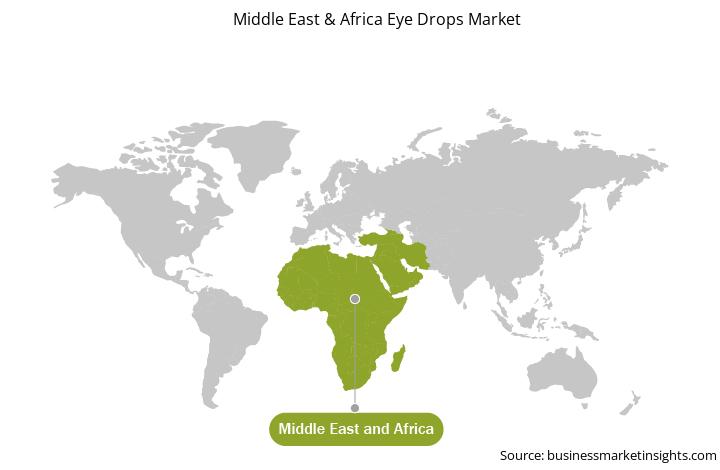Eye diseases hold a substantial share in lifestyle diseases due to the increased use of smartphones, laptops, and computers. The modern lifestyle, which involves increased screen time, is responsible for triggering eye-related problems. Eye health is significantly compromised in this technological era. Working on computers for a long time eventually affects the health of the eyes. Individuals with chronic eye problems and refractive errors are at higher risk of developing digital eye strain (DES).
Extreme exposure to blue rays emitting from smartphones, tablets, iPads, and laptops also causes serious eye damage. Due to the COVID-19 outbreak, all companies opted for work-from-home (WFH) to prevent the spread of COVID-19. The growing trend of WFH has intensified the screen time of working professionals, further accelerating the number of eye-related issues. According to a study published by the Springer, during the COVID-19 lockdown, increase in longer time usage of digital devices, population in Saudi Arabia complained about increase eye strain. According to a study published by Frontiers, the repeated use of digital devices for more than two continuous hours is putting the user at a great risk of developing DES due to the excessive accommodative demands. Although the spread of COVID-19 has been controlled to a large extent, many companies have allowed their employees to continue with WFH to decrease the overall expenditure. This flexibility with regard to work location has led to an increase in screen time. Such lifestyle changes will eventually damage eye health, generating a greater demand for eye drops.
The Middle East & Africa eye drops market is categorized into the UAE, Saudi Arabia, South Africa, and the Rest of Middle East & Africa. Increase in prevalence of eye diseases in geriatric population of the region and increase in cases of dry eye diseases and cataract in countries such as Saudi Arabia, and UAE is fueling the growth of Middle East & Africa eye drops market in Middle East & Africa. The majority of dry eye conditions are associated with diabetes. The incidence of diabetes is increasing significantly in South Africa. According to the International Diabetes Federation, as of April 2020, 19 million people were living with diabetes in the country, and the number is estimated to reach 47 million by 2045. Such a high incidence would result in an increased risk of dry eye among diabetic people. Diversified climatic conditions with extreme temperature is another prime factor contributing to the growing incidence of dry eye condition. According to Statistics South Africa (Stats SA) estimates, the population of South Africa was ~59.62 million by mid-2020 and roughly 5.43 million people are aged 60 and above. The association of dry eye with old age is an influential factor boosting the adoption of eye drops in South Africa.
Strategic insights for the Middle East & Africa Eye Drops provides data-driven analysis of the industry landscape, including current trends, key players, and regional nuances. These insights offer actionable recommendations, enabling readers to differentiate themselves from competitors by identifying untapped segments or developing unique value propositions. Leveraging data analytics, these insights help industry players anticipate the market shifts, whether investors, manufacturers, or other stakeholders. A future-oriented perspective is essential, helping stakeholders anticipate market shifts and position themselves for long-term success in this dynamic region. Ultimately, effective strategic insights empower readers to make informed decisions that drive profitability and achieve their business objectives within the market. The geographic scope of the Middle East & Africa Eye Drops refers to the specific areas in which a business operates and competes. Understanding local distinctions, such as diverse consumer preferences (e.g., demand for specific plug types or battery backup durations), varying economic conditions, and regulatory environments, is crucial for tailoring strategies to specific markets. Businesses can expand their reach by identifying underserved areas or adapting their offerings to meet local demands. A clear market focus allows for more effective resource allocation, targeted marketing campaigns, and better positioning against local competitors, ultimately driving growth in those targeted areas.
Middle East & Africa Eye Drops Strategic Insights

Middle East & Africa Eye Drops Report Scope
Report Attribute
Details
Market size in 2022
US$ 424.84 Million
Market Size by 2030
US$ 580.44 Million
Global CAGR (2022 - 2030)
4.0%
Historical Data
2020-2021
Forecast period
2023-2030
Segments Covered
By Type
By Application
By Purchase Mode
Regions and Countries Covered
Middle East and Africa
Market leaders and key company profiles
Middle East & Africa Eye Drops Regional Insights

Middle East & Africa Eye Drops Market Segmentation
The Middle East & Africa eye drops market is segmented into type, application, purchase mode, and country.
Based on type, the Middle East & Africa eye drops market is segmented into antibiotics, artificial tears, hormones, and others. The antibiotics segment held the largest share of the Middle East & Africa eye drops market in 2022.
Based on application, the Middle East & Africa eye drops market is segmented into eye diseases, eye care, and others. The eye diseases segment held the largest share of the Middle East & Africa eye drops market in 2022. The eye diseases segment is further segmented into dry eye, glaucoma, cataract, and others.
Based on purchase mode, the Middle East & Africa eye drops market is segmented into OTC and prescription. The prescription segment held a larger share of the Middle East & Africa eye drops market in 2022.
Based on country, the Middle East & Africa eye drops market is segmented into the UAE, Saudi Arabia, South Africa, and the Rest of Middle East & Africa. South Africa dominated the Middle East & Africa eye drops market in 2022.
AbbVie Inc, Alcon AG, Bausch & Lomb Inc, Pfizer Inc, and Rohto Pharmaceutical Co Ltd are some of the leading companies operating in the Middle East & Africa eye drops market.
The Middle East & Africa Eye Drops Market is valued at US$ 424.84 Million in 2022, it is projected to reach US$ 580.44 Million by 2030.
As per our report Middle East & Africa Eye Drops Market, the market size is valued at US$ 424.84 Million in 2022, projecting it to reach US$ 580.44 Million by 2030. This translates to a CAGR of approximately 4.0% during the forecast period.
The Middle East & Africa Eye Drops Market report typically cover these key segments-
The historic period, base year, and forecast period can vary slightly depending on the specific market research report. However, for the Middle East & Africa Eye Drops Market report:
The Middle East & Africa Eye Drops Market is populated by several key players, each contributing to its growth and innovation. Some of the major players include:
The Middle East & Africa Eye Drops Market report is valuable for diverse stakeholders, including:
Essentially, anyone involved in or considering involvement in the Middle East & Africa Eye Drops Market value chain can benefit from the information contained in a comprehensive market report.